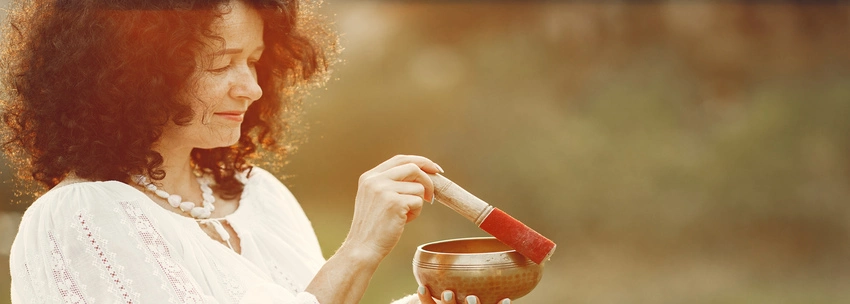Types Of Holistic Addiction Therapies
Holistic treatment covers a variety of components of healthy living, ranging from exercise to meditation.
Among the most common treatments are:
Nutritional Therapy
A healthy physique is essential for addiction rehabilitation. Aiding recovering addicts in focusing on adequate diet results in actual recovery. Recovering addicts can start anew by providing their bodies with the nourishment they require to overcome their addiction.
Music Therapy
Patients will be encouraged to listen to, dance to, sing to, or compose their own music by music therapists. The activities and song selections will vary according to the individual or group.
Muscle tension and anxiety can be alleviated with music therapy. It contributes to the promotion of openness in interpersonal interactions. Music can function as a translator for certain persons who have difficulty expressing themselves.
Acupuncture and massage
Massage is commonly used in holistic treatment therapy to help reduce tension and calm the body. Acupuncture is also used to assist an addict’s body in regaining equilibrium after prolonged substance usage.
Animal Therapy
Interaction with animals is a component of animal therapy. Equine therapy is a well-known type of treatment in which patients learn to ride, care for, and “converse” with horses. Volunteering at animal shelters is another popular activity.
This has been shown in research to increase patients’ willingness to cooperate, open up, and disclose their past. It is a widely used therapy for anxiety and post-traumatic stress disorder.
Recreational Therapy and Exercise
Daily exercise can help you establish a habit, alleviate stress, and strengthen your body. Exercise is an essential component of many holistic treatment clinics. Activities vary in each facility, but some include rock climbing, kayaking, horseback riding, and hiking.
Neurofeedback Therapy
Neurofeedback is a non-invasive technique in which a computer reads your brainwaves.
These indicators can assist you in identifying areas of dysfunction or discomfort. The therapy can aid in the alleviation of symptoms associated with addiction, trauma, and mental health.
Meditation
Recovering addicts must have a clean mind in order to conquer their addiction. Meditation with a guide is an essential component of many holistic therapy regimens. Many centers also include yoga and tai chi as contemplative techniques to assist residents in improving their attention and mental clarity.
Locating a Holistic Addiction Treatment Center
As part of their inpatient and outpatient treatment programs, many drug rehab facilities include holistic therapy. Holistic therapy’s premise — seeking and maintaining balance in all aspects of life — is compatible with many addiction treatment techniques. In teaching recovering addicts how to handle stress, cognitive behavioral therapy works effectively in conjunction with meditation and yoga sessions.
When coupled with medically supervised detox and mental health therapy, holistic treatments can assist in treating addictions of all severity levels. Treatment clinics may be found all throughout the country, and each patient’s rehabilitation plan is customized.
Contact a treatment provider right away to locate a drug rehab clinic that provides holistic therapy.
